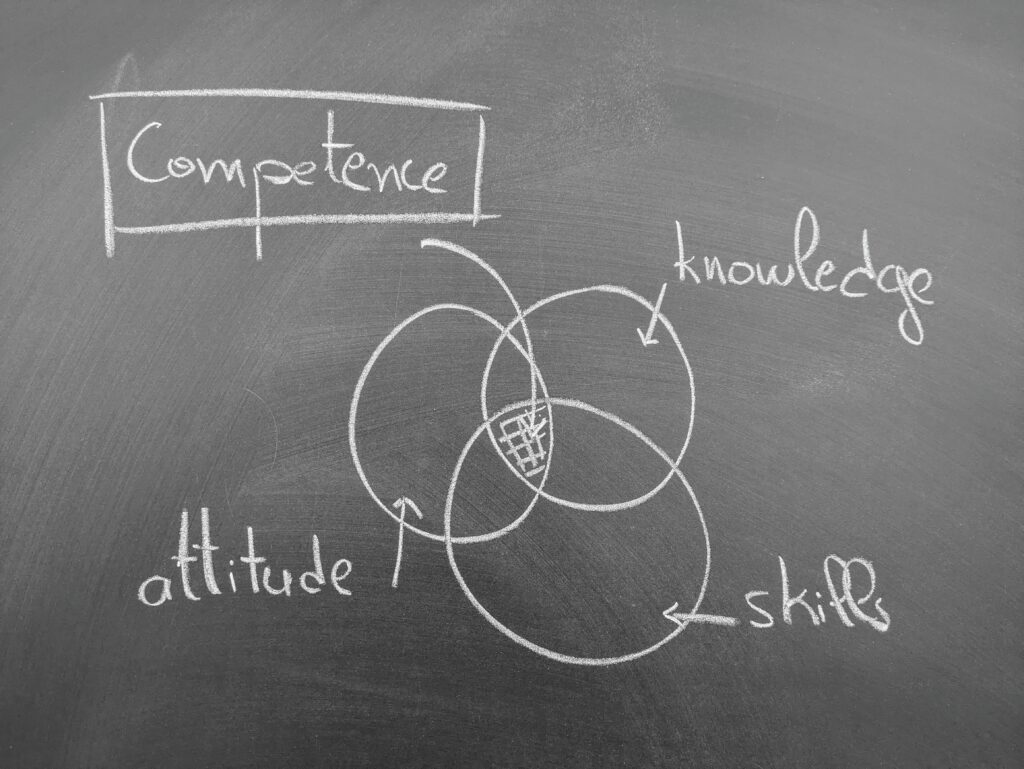Why good staff make mistakes: a scientific approach to better lab training.
Join us to learn practical, research-backed strategies for improving staff performance, streamlining communication, and reducing training overload in laboratory settings.
Thursday, 18 Sep 25
Date
12.00 noon - 1.00pm AEST
Duration
1 hour - 60 minutes
Type of Duration
Description
Modern laboratories are complex environments where staff must simultaneously perform day-to-day testing whilst adhering to management system requirements and rigorous quality standards. Staff must master not only technical procedures and instrument operation, but also navigate quality assurance requirements, safety protocols, and compliance documentation.
This complexity creates a significant challenge: How can we train staff effectively without overwhelming them? This presentation explores how recent findings in cognitive science can help lab managers create more effective training programs, procedures, and communication strategies.
Drawing from Cognitive Load Theory (CLT), we’ll examine practical ways to improve how information is presented and processed in the laboratory setting. This research-based approach explains why some training methods work better than others and how we can make procedures easier to follow accurately. Unlike many training theories, CLT’s effectiveness has been validated through numerous controlled studies in workplace settings. Understanding cognitive load helps explain many common challenges in laboratory management. This presentation examines how cognitive load affects staff training, procedure development, communication, and competency programs.
We’ll explore why traditional approaches sometimes fall short and how insights from cognitive science can improve our management practices. Using practical examples from laboratory settings, we’ll discuss how cognitive load theory can inform better approaches to these key areas of laboratory management.
What you will achieve
- Understand why traditional lab training methods often fall short and how Cognitive Load Theory offers a better approach.
- Learn how to present procedures and information more clearly to improve accuracy and compliance.
- Discover practical, research-backed strategies to enhance training, communication, and documentation.
- Gain tools to reduce staff overwhelm while boosting competence in technical and regulatory tasks.
- Walk away with actionable insights to create more effective and efficient laboratory training programs.
Modern laboratories are complex environments where staff must simultaneously perform day-to-day testing whilst adhering to management system requirements and rigorous quality standards. Staff must master not only technical procedures and instrument operation, but also navigate quality assurance requirements, safety protocols, and compliance documentation.
This complexity creates a significant challenge: How can we train staff effectively without overwhelming them? This presentation explores how recent findings in cognitive science can help lab managers create more effective training programs, procedures, and communication strategies.
Drawing from Cognitive Load Theory (CLT), we’ll examine practical ways to improve how information is presented and processed in the laboratory setting. This research-based approach explains why some training methods work better than others and how we can make procedures easier to follow accurately. Unlike many training theories, CLT’s effectiveness has been validated through numerous controlled studies in workplace settings. Understanding cognitive load helps explain many common challenges in laboratory management. This presentation examines how cognitive load affects staff training, procedure development, communication, and competency programs.
We’ll explore why traditional approaches sometimes fall short and how insights from cognitive science can improve our management practices. Using practical examples from laboratory settings, we’ll discuss how cognitive load theory can inform better approaches to these key areas of laboratory management.
Coming Soon
We’re bringing more insights to your screen. Here’s what’s launching next.

Why good staff make mistakes: a scientific approach to better lab training.
With Matthew Lewis

How to know what your staff know: training & assessing competence.
With Alasdair Stark

Dealing with and managing change with confidence.
With Naomi Aitken
